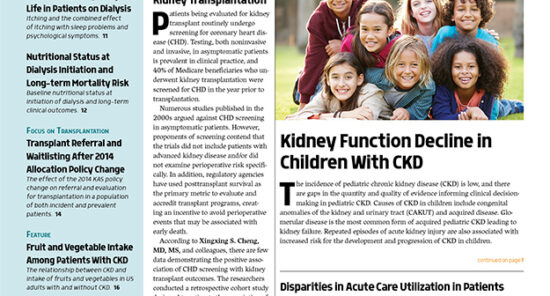Credit: Original article published here.
Although gout is more prevalent in men, recent research has suggested that gender differences may exist in the way that the condition is perceived and managed. In a recent study published in BMC Musculoskeletal Disorders, researchers sought to examine gender differences in patients with gout in terms of self-reported disease severity, illness perceptions, impact on daily activities and quality of life, advice from health care professionals, and dietary and alcohol habits.
The study examined adult patients with gout who were identified in primary and secondary care in Sweden between 2015 and 2017. A total of 1,589 patients were sent a questionnaire about their demographics, gout disease severity, illness perceptions (using the Brief Illness Perception Questionnaire), and disease management.
Of these patients, 868 patients responded to the questionnaire, including 177 women and 691 men. The researchers used t-tests, chi-square tests, analysis of variance, and linear regression models to compare gender differences.
The results of the study suggested that women with gout experienced more severe symptoms, including daily activities such as sleeping and walking, and had worse quality of life compared with men. Despite this, women received less advice regarding weight reduction compared with men, even though a higher frequency of obesity was observed in women. In contrast, women reported having acted on dietary advice to a greater extent than men.
“Despite only modestly worse gout severity and perception, women appear to have been given less information regarding self-management than men,” the authors of the study said in regard to their findings. They went on to remark: “These differences call for further investigation of how to tailor and optimize health care advice and treatment of gout in subgroups of patients.”
The study’s findings highlight the importance of addressing gender differences in the management of gout. Women with gout may require more support and information from health care professionals to manage their symptoms effectively. The results of this study suggest that there is a need to improve communication between health care professionals and female patients with gout, to ensure that they receive the same level of care and advice as male patients. This could include increasing awareness of gender-specific factors that may influence disease severity and management and providing tailored advice and support to female patients with gout.
Source: BMC Musculoskeletal Disorders


